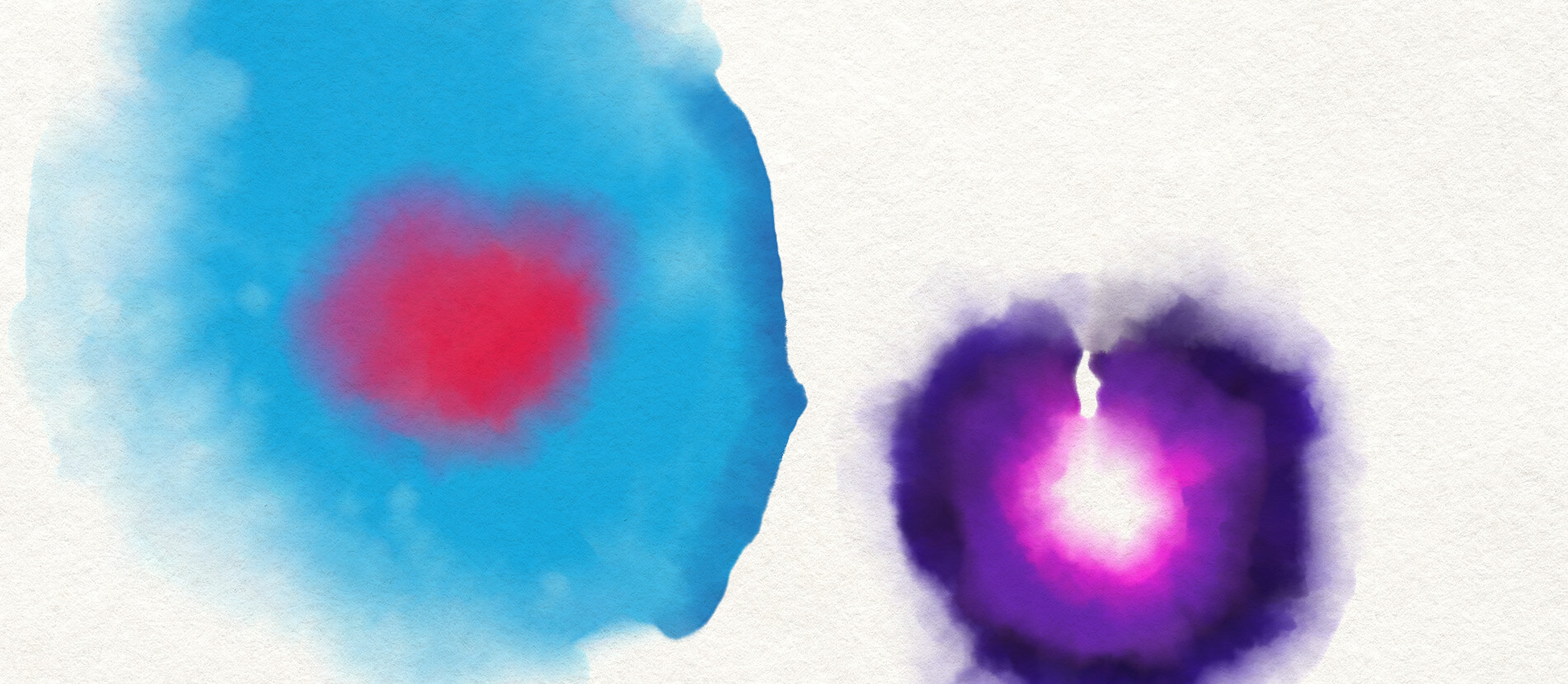Waters Corporation to Assist US EPA in the Analysis of Perfluorinated Compounds (PFCs) in Soil and Water
Latest CRADA Aimed at Developing Liquid Chromatography and Mass Spectrometry Methods for Measuring PFCs at Very Low Concentrations
Waters Corporation announced it has entered into a Cooperative Research and Development Agreement (CRADA) with the U.S. Environmental Protection Agency's (EPA) National Exposure Research Laboratory to develop trace level analytical methods for detecting perfluorinated compounds (PFCs) in soil and water. The goal of the CRADA over the next three years is to develop methods for the sample collection, storage, extraction, cleanup and analysis for trace levels of PFCs.
PFCs are synthetic chemicals used in industries like paper/packaging and textiles/upholstery manufacturing. Scientific studies indicate that these pollutants are toxic, persistent and bioaccumulative and they have been found to be a global pollutant. Although research is still evolving, it is thought that PFC's may be linked to liver damage and to developmental and reproductive effects in lab animals. Moreover, the PFC's appear to remain in the human body for an extended length of time.
Additionally this CRADA will attempt to provide methods to help determine how PFCs are distributed in the environment and how humans are exposed. Waters Corporation and EPA scientists plan to develop analytical methods employing liquid chromatography (LC) and mass spectrometry (MS) to measure PFCs at very low concentrations in water and soil. LC/MS/MS analytical methods are more amenable to PFC analysis than the standard gas chromatography (GC)/MS methods and, due to improvements in technology, are more sensitive.
Most read news
Topics
Organizations
Other news from the department science

Get the analytics and lab tech industry in your inbox
By submitting this form you agree that LUMITOS AG will send you the newsletter(s) selected above by email. Your data will not be passed on to third parties. Your data will be stored and processed in accordance with our data protection regulations. LUMITOS may contact you by email for the purpose of advertising or market and opinion surveys. You can revoke your consent at any time without giving reasons to LUMITOS AG, Ernst-Augustin-Str. 2, 12489 Berlin, Germany or by e-mail at revoke@lumitos.com with effect for the future. In addition, each email contains a link to unsubscribe from the corresponding newsletter.
Most read news
More news from our other portals
See the theme worlds for related content
Topic world Gas chromatography
Gas chromatography is an essential method in analytical chemistry for the separation and analysis of volatile compounds. Due to its high resolution and sensitivity, it has become firmly established in areas such as environmental analysis, food chemistry or forensic science. GC provides precise and reliable results and enables deep insights into the chemical composition of samples.

Topic world Gas chromatography
Gas chromatography is an essential method in analytical chemistry for the separation and analysis of volatile compounds. Due to its high resolution and sensitivity, it has become firmly established in areas such as environmental analysis, food chemistry or forensic science. GC provides precise and reliable results and enables deep insights into the chemical composition of samples.
Topic World Chromatography
Chromatography enables us to separate, identify and thus understand complex substances. Whether in the food industry, pharmaceutical research or environmental analysis - chromatography opens up a treasure trove of information about the composition and quality of our samples. Discover the fascinating world of chromatography!

Topic World Chromatography
Chromatography enables us to separate, identify and thus understand complex substances. Whether in the food industry, pharmaceutical research or environmental analysis - chromatography opens up a treasure trove of information about the composition and quality of our samples. Discover the fascinating world of chromatography!
Topic World Mass Spectrometry
Mass spectrometry enables us to detect and identify molecules and reveal their structure. Whether in chemistry, biochemistry or forensics - mass spectrometry opens up unexpected insights into the composition of our world. Immerse yourself in the fascinating world of mass spectrometry!

Topic World Mass Spectrometry
Mass spectrometry enables us to detect and identify molecules and reveal their structure. Whether in chemistry, biochemistry or forensics - mass spectrometry opens up unexpected insights into the composition of our world. Immerse yourself in the fascinating world of mass spectrometry!























































